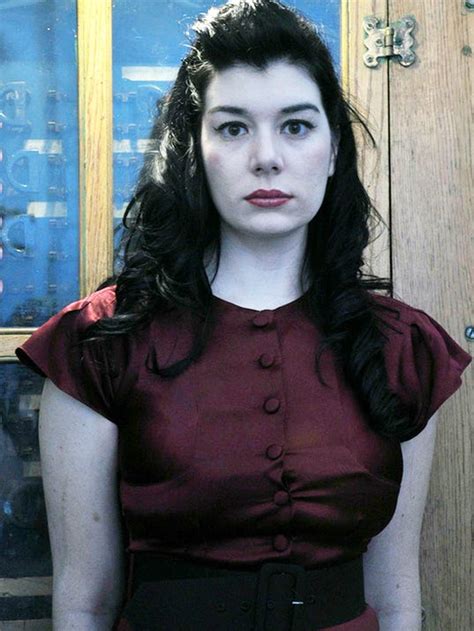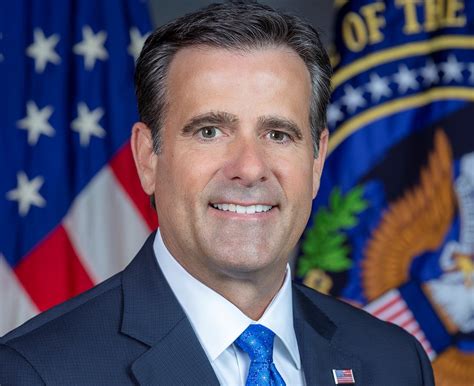A Quote by Caitlin Kittredge
I was reading about all of these medical and psychological experimental programs that the government and various intelligence agencies had run throughout the 20th century. Any book you can read on that, there's some really horrifying and fascinating stuff that goes on there.
Related Quotes
In the 20th century, we had a century where at the beginning of the century, most of the world was agricultural and industry was very primitive. At the end of that century, we had men in orbit, we had been to the moon, we had people with cell phones and colour televisions and the Internet and amazing medical technology of all kinds.
I love to read and teach experimental fiction but yes, neither this work nor my first novel is really that experimental. It uses some experimental techniques but in the end, I would not say that it is experimental. I'm not sure why. I do a lot of writing on my own, and I have always just written this way.
That is certainly the promise of [Donald Trump] campaign and the promise of his economic program.This economic program is really the pickup truck of economic programs. It's the Ford F-150 of economic programs. It's about manufacturing. It's about oil, fossil fuels. It's a deliberate, forceful reassertion of an image of American industrialism that we have inherited from the 20th century.
My writing is of a very different kind from anything I've heard about. All this mythological material is out there, a big gathering of stuff, and I have been reading it for some forty- or fifty-odd years. There are various ways of handling that. The most common is to put the material together and publish a scholarly book about it. But when I'm writing, I try to get a sense of an experiential relationship to the material. In fact, I can't write unless that happens ... I don't write unless the stuff is really working on me, and my selection of material depends on what works.
I do not believe that Russians changed the outcome of the election. I want to be clear about that. But I do think that it is very - some of the things we saw are very reminiscent of the active measures that Russian intelligence and before that Soviet intelligence agencies used to try to undermine the government or individual politicians in foreign countries.
It's clear that there has to be some play between the vitality of invention in economic life and some regulation of it, and in some ways the great ideological wars of the 20th century that cost so many lives had to do with whether to have managed economies directed by government or economies directed by the free movement of capital, which is only partially subject to government regulation.
I think that there has been a long and storied history in America of left-wing movements being actively, systematically, violently destroyed, disrupted, infiltrated, sabotaged, etc. by the U.S. government and its various intelligence agencies and that remains a greater challenge to their existence, traction, popularity, etc. than any sort of ideological infighting.


































